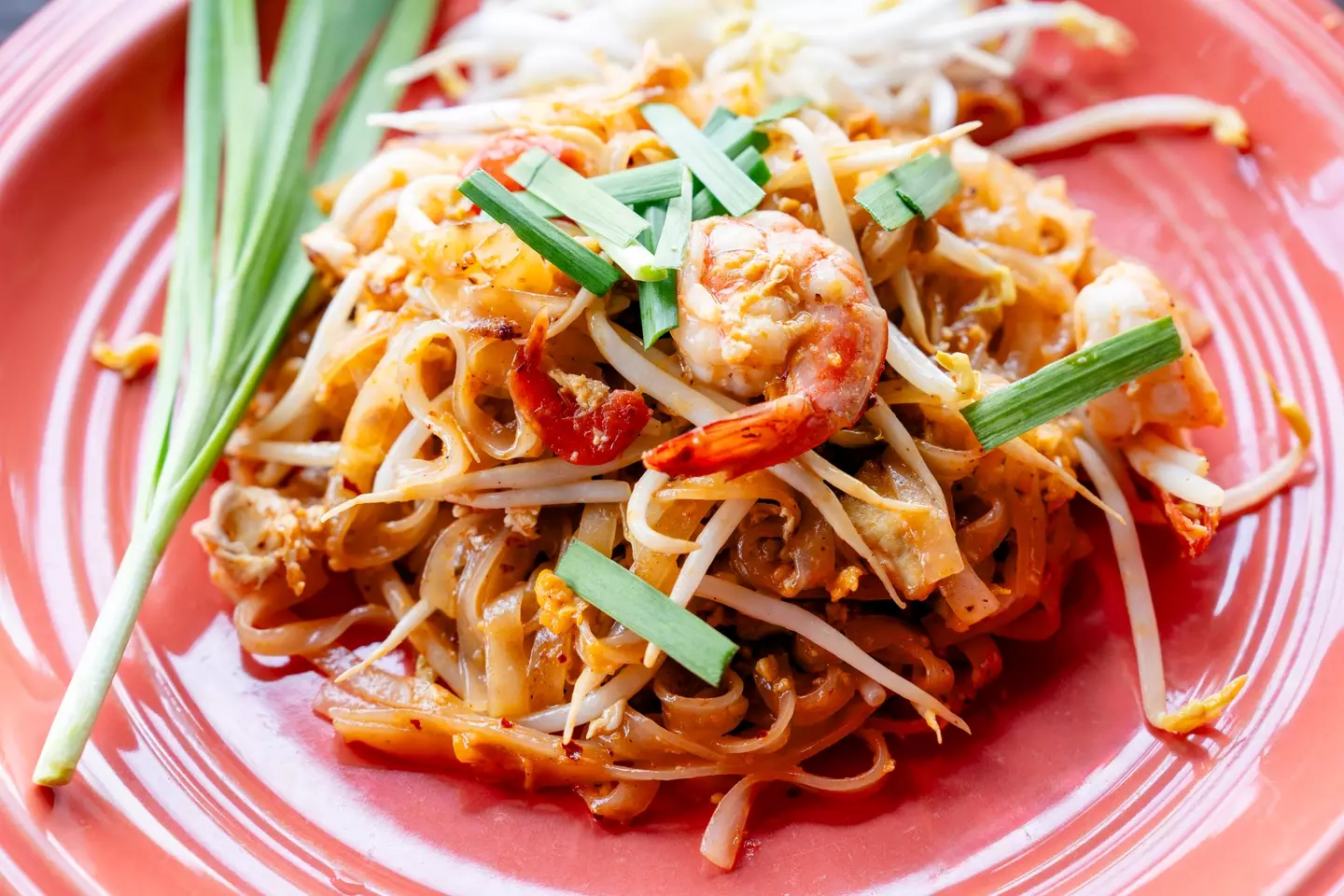
We love a curry in the UK, and the Thai variants have become staples at high street restaurants and in our at-home kitchens.
While we tend to lead on the green and red curries, Pad Thais, and Tom Yum soups, there’s a less commonly-available dish that might be best avoided.
The dish in question has been linked to liver cancer, with just one bite supposedly being enough to put you at risk.
It’s even been linked to as many as 20,000 deaths in Thailand each year.
Advert
So, what is it, and should you be worried?

Chances are that you haven’t eaten it yourself as it’s not typically available in the UK, but it’s wildly popular in the Thai province of Khon Kaen.
The meal in question is koi pla: a dish of minced raw fish blended with herbs, spices, and lemon juice.
Millions of Thai people will eat it on a regular basis, but there’s a particular hotspot for it in Isaan, one of the country’s poorest places.
The liver cancer cases are actually linked to a parasite that’s common to the raw fish used in koi pla: parasitic flatworms, otherwise known as liver flukes.
These awful creatures are commonly found in freshwater fish in the Mekong region, and they’re supposedly responsible for causing cholangiocarcinoma, or bile duct cancer.
Isaan has the world’s highest rate of cholangiocarcinoma.
Thai doctor Narong Khuntikeo is campaigning against koi pla’s consumption, driven by his parents’ deaths from bile duct cancer.
In research published by Frontiers, in which Khuntikeo was cited, the causal link was outlined:
“Cholangiocarcinoma (CCA) is an uncommon cancer in most parts of the world, where incidences are usually lower than 2 in 100,000 cases per year. However, in areas where liver flukes are common parasites infecting humans, the incidence of CCA is much higher.”

It also said: “Because cyprinid fish are the source of infection, the primary preventive effort is to stop raw or insufficiently cooked fish being eaten.”
"It’s a very big health burden around here," said Khuntikeo. "But nobody knows about this because they die quietly, like leaves falling from a tree."
This form of cancer, branded a ‘silent killer’, has one of the lowest survival rates among cancers without surgical intervention.
Khuntikeo has been joined by scientists, doctors and anthropologists for over four years as they test Isaan residents for the fluke worms.
Ultrasounds and urine tests found that has much as 80% of inhabitants from some villages had ingested the parasites.
Resistance is rife among those whom Khuntikeo is trying to help, however.
"They’ll say: 'Oh well, there are many ways to die'," he said.
"But I cannot accept this answer."
The best way to prevent infection is to cook the meat beforehand as it kills the parasites. For some, the negative impact on flavour means it’s a step too far.
